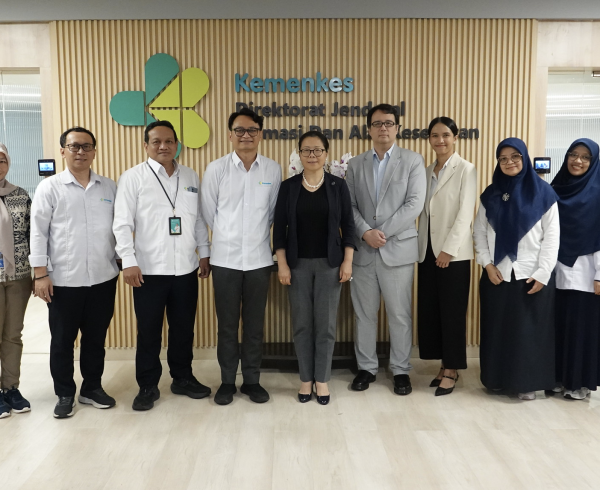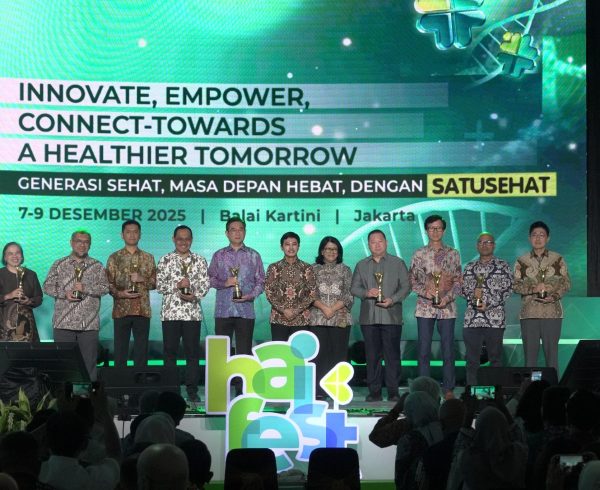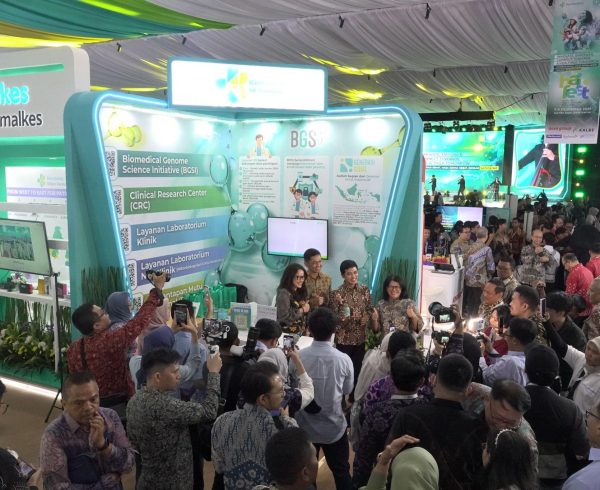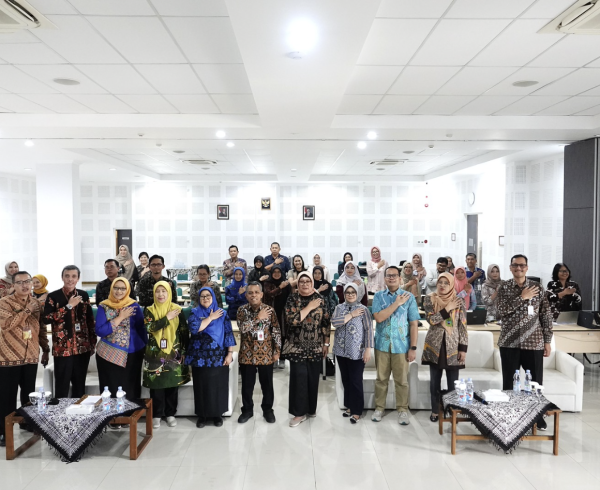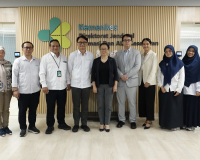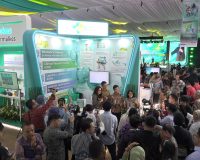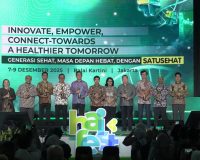In the era of precision medicine, genomics plays an important role in the development of healthcare systems, especially in early detection, diagnosis and treatment of patients. Genomics approaches are used to understand more about the things that affect health in each individual, such as screening of disease biomarkers, diagnosis, selection of appropriate treatment for individuals and identification of pathogens.
During the COVID-19 pandemic, genomics has been instrumental in understanding the evolution and circulation of pathogens. In addition, genomic data is also used in the development of diagnostic tools, treatments and vaccine development. ASEAN countries have applied genomic approaches to health services, including human genome data collection and disease surveillance. However, in its implementation and development, ASEAN countries still experience many obstacles.
On December 3, 2022, the Ministry of Health of the Republic of Indonesia (Kemenkes RI) held the Southeast Asia Genomics Conference 2022 (SEAGC 2022) which was held online and offline. The purpose of this conference is to build relationships and promote collaboration in ASEAN countries, both government, academics, clinicians and the private sector in terms of innovation in the field of genomics to deal with pandemics and other emerging diseases in the future. The conference was attended by representatives from 6 ASEAN countries, genomics-based startups, industry, genomics associations, hospital and university representatives. Speakers who attended the conference were delegates from ASEAN countries (Cambodia, Indonesia, Malaysia, Myanmar, Singapore, and Thailand), representatives of ASEAN Secretariat, Broad Institute, Duke-NUS University Singapore, GISAID, NIAID NIH, FIND, BGSi, Precise, Genomic Thailand, Bio Farma, Gene Solution and Kura-kura Bali.

On December 3, 2022, the Ministry of Health of the Republic of Indonesia (Kemenkes RI) held the Southeast Asia Genomics Conference Indonesian Minister of Health Budi G. Sadikin in his speech said that Indonesia is privileged to have high biodiversity and genomics. “This shows that Indonesia has vast and favorable resources to develop and expand biogenomics initiatives. Human genomic technology is considered important and has broad potential benefits in health care,” said the Minister of Health. From the material presented, several gaps/challenges in the implementation of genomics in health services were identified, including access to reagents and consumables, human resources, especially bioinformatics, sustainable financing and national action plans.

Therefore, it was also agreed on the importance of collaboration, knowledge sharing, capacity building and equal access among ASEAN member countries. Collaboration is key in increasing genomics capacity in Southeast Asia. And the collaboration is not only among ASEAN governments, but also involves the private sector (industry and startups) and researchers at universities and research institutions.
In this activity, an exhibition was also held involving participants from Biomedical and Genome Science Initiatives (BGSi), PT Bio Farma, Gene Solutions Viet Nam, GSI Lab, Illumina, MGI (BGI Group), PT Huawei Tech Investment, Prodia Clinical Laboratory, Nalagenetics, Oxford nanopore, PT Regene Artificial Intelligence, PT Etana Biotechnologies Indonesia, Indonesian Genomics Association, and PT Diagnos Laboratorium Utama TBk. In addition, business matching between stakeholders was also held to establish cooperation and collaboration between research and business.




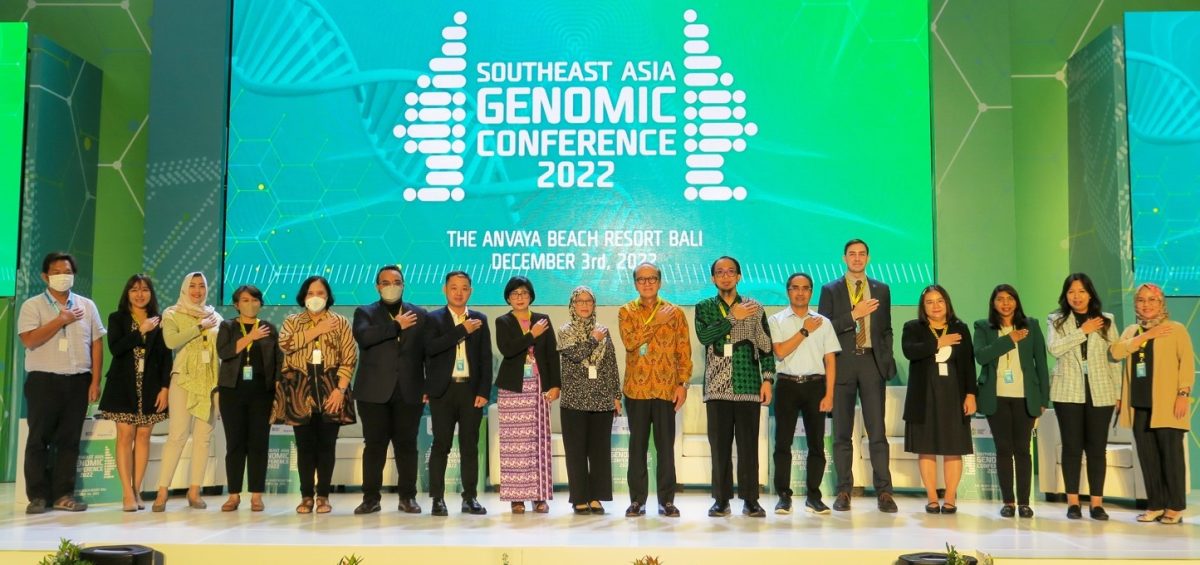 Southeast Asian Genomics Conference 2022 (SEAGC 2022) in Bali, December 3, 2022
Southeast Asian Genomics Conference 2022 (SEAGC 2022) in Bali, December 3, 2022